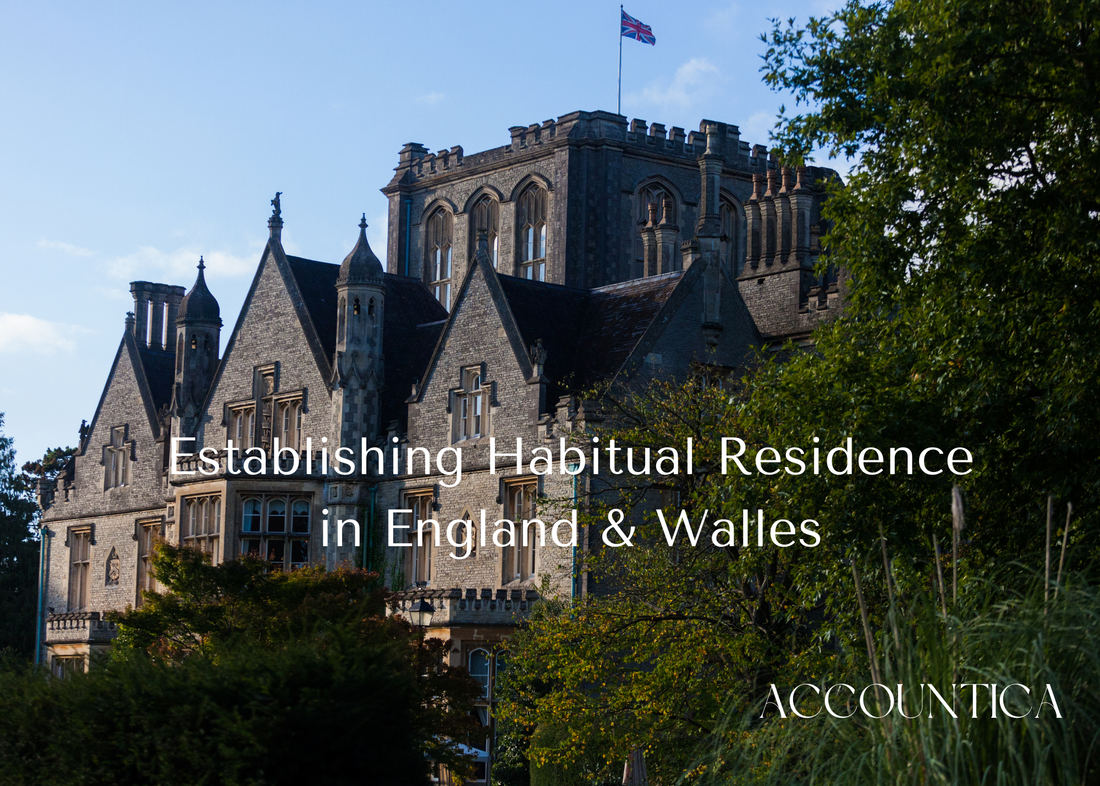Establishing Habitual Residence in England and Wales for Family Court Jurisdiction
The concept of "habitual residence" is pivotal within the jurisdiction of family courts in England and Wales, particularly when dealing with cases that span multiple countries. Understanding this concept is essential for individuals navigating cross-border family disputes, such as divorce, child custody, and financial settlements. This article explores the criteria and implications of establishing habitual residence in England and Wales for family court jurisdiction.
What is Habitual Residence?
Habitual residence refers to the place where a person has their permanent or usual centre of interests and daily life. Unlike physical presence or nationality, habitual residence examines the individual's life circumstances, intending to determine their genuine social and familial connections. In the context of family law, it helps establish the most appropriate legal authority or court to handle a case.
Criteria for Establishing Habitual Residence
The UK courts do not apply a fixed rule but assess habitual residence based on facts and individual circumstances. Key factors include:
- Duration and Continuity: The time spent in a country is essential, but quality over quantity is a guiding principle. Short but permanent moves can establish new habitual residence.
- Intentions and Future Plans: Courts consider the person's intentions, including future plans and reasons for relocating.
- Family and Social Integration: Involvement in local community, family ties, employment, and children's education are significant indicators.
- Economic and Social Ties: Ownership of property, employment, and local connections reinforce habitual residence.
Importance in Family Law
Determining habitual residence is crucial in family law for various reasons:
- Jurisdiction: Establishes which country's courts have the authority to hear a case, affecting the applicable laws and outcomes.
- Child Custody and Abduction: Under the Hague Convention on International Child Abduction, habitual residence determines the child's return in abduction cases.
-
Divorce and Financial Remedy: Decides which country's laws will apply, impacting financial settlements and divorce proceedings.
Establishing Habitual Residence
Individuals aiming to establish habitual residence in England and Wales must demonstrate significant ties and intentions to reside permanently or habitually. This can be through various means such as securing employment, enrolling children in local schools, engaging with community activities, and maintaining a primary residence.
Legal Implications
The determination of habitual residence can significantly impact the legal proceedings and outcomes. For instance, divorce laws and financial settlements vary considerably from one country to another. Therefore, establishing habitual residence can be strategic in cases where the laws of one jurisdiction are more favourable than another.
Conclusion
Habitual residence plays a critical role in the jurisdiction of family courts in England and Wales.
Individuals involved in cross-border family disputes should be aware of how habitual residence is determined and its implications on their cases. Early legal advice can be invaluable in navigating these complex issues, ensuring that individuals can effectively establish their habitual residence to align with their legal and personal objectives.

